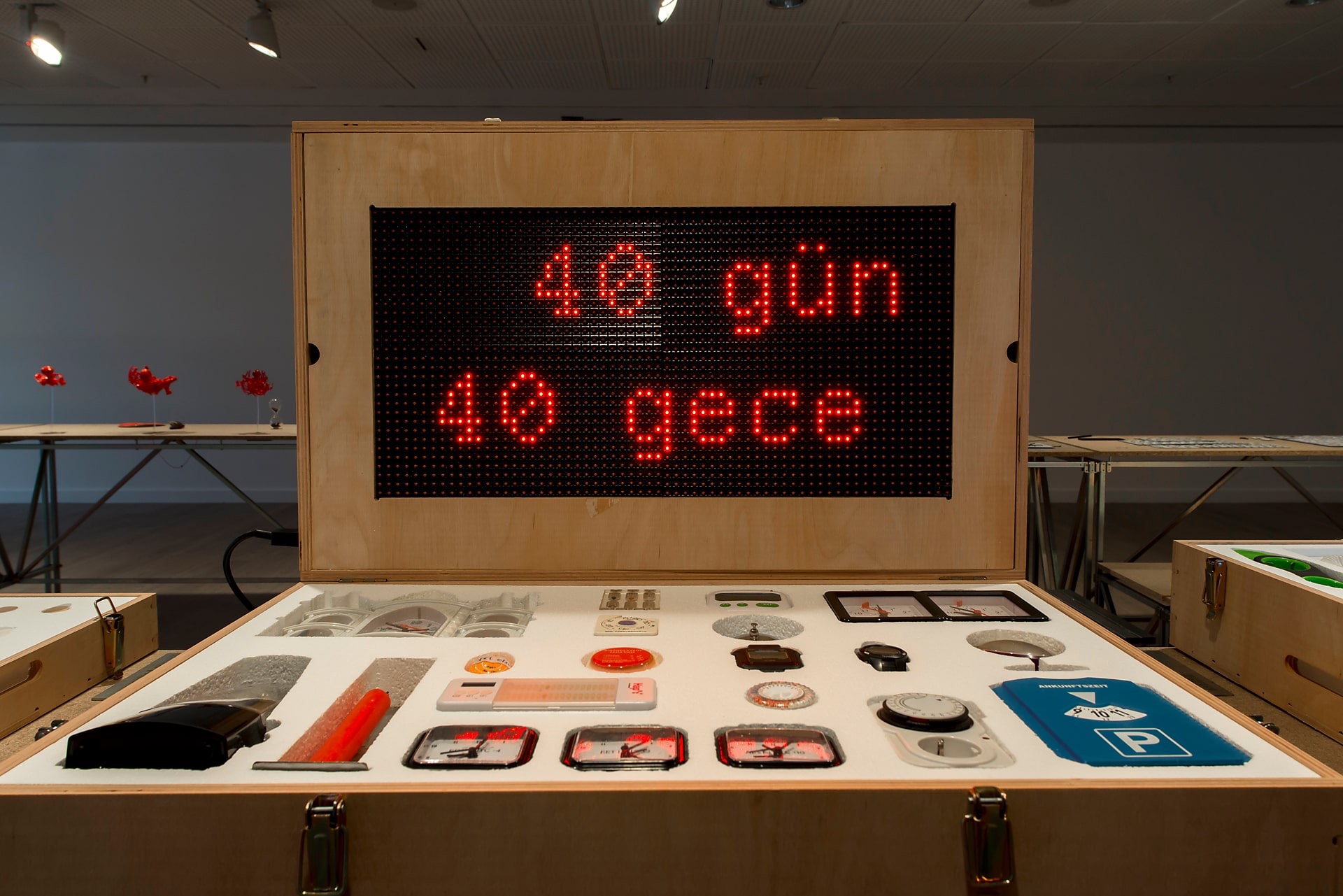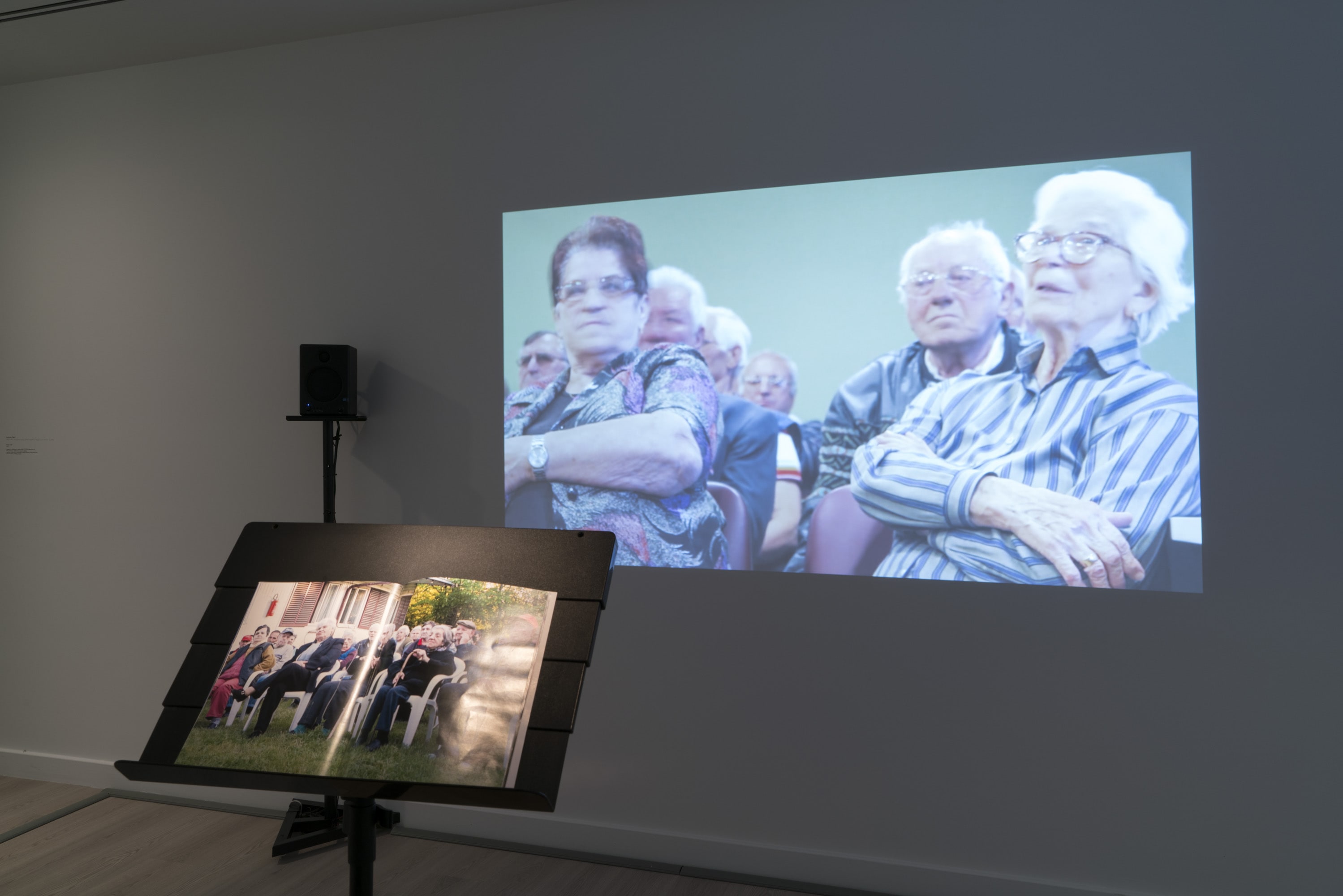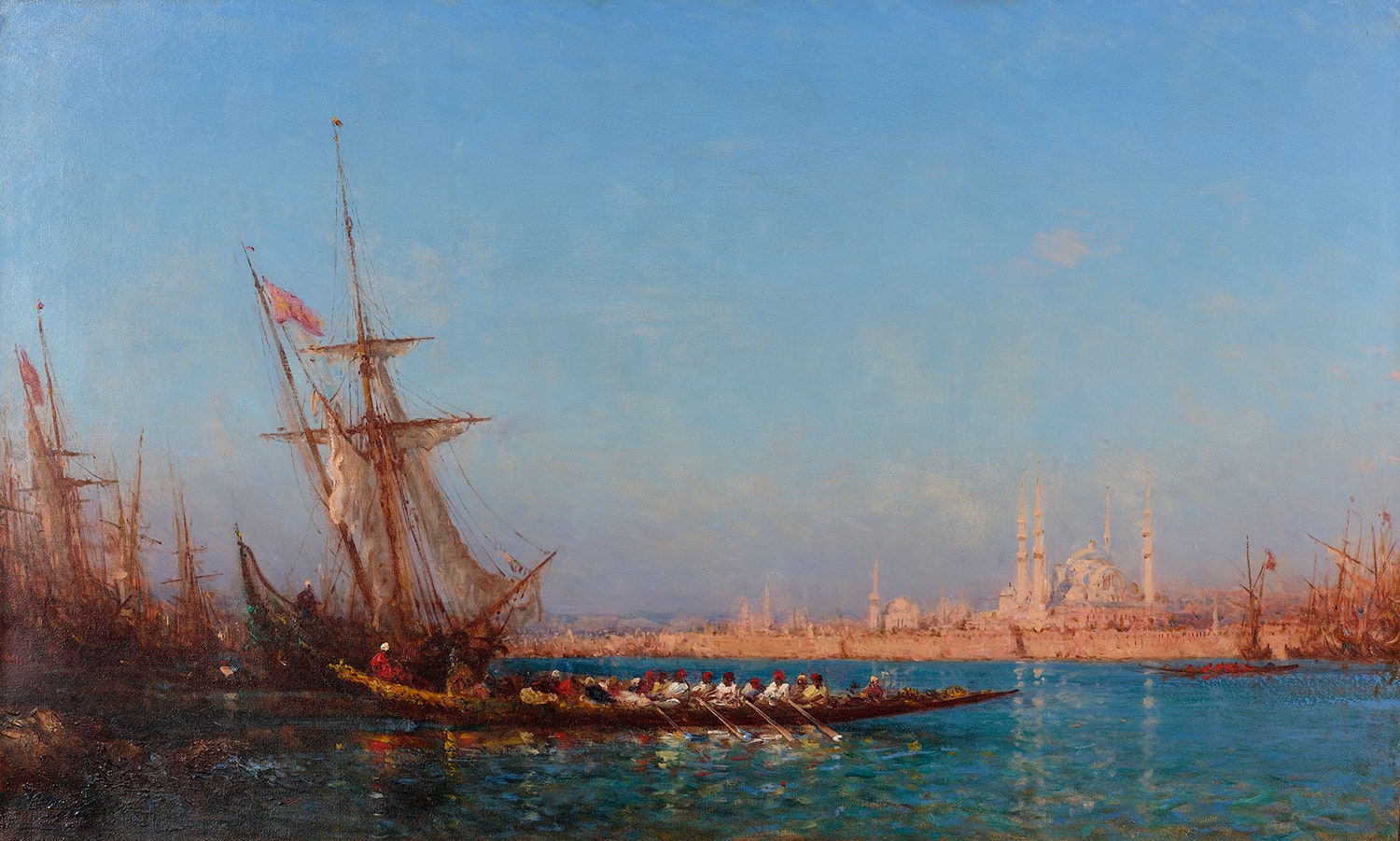Director: Mark Decena
USA, 2014, 8', HDD, color
English with Turkish subtitles
This film explores the principles of a transition away from the current extractive economy to a socially just, environmentally sustainable economy. What does the next economy look like and how can we rethink our relationship to resources, work and culture? Bay Area activist Gopal Dayaneni looks at how we live now, and how we can do it better.

Pera Museum presented a talk on Nicola Lorini’s video installation For All the Time, for All the Sad Stones, bringing together the artists Nicola Lorini, Gülşah Mursaloğlu and Ambiguous Standards Institute to focus on concepts like measuring, calculation, standardisation, time and change.

Our Cold Front from the Balkans exhibition focuses on different generations of artists and art groups from the Balkan region. Throughout the exhibition, we keep sharing detailed information about the artworks. Take a look at Mark Požlep’s “Stranger than Paradise” video installation. Also you can check our interview with the artist on our YouTube channel!

Félix Ziem is accepted as one of the well-known artists of the romantic landscape painting, and has been followed closely by art lovers and collectors of all periods since. He had a profound influence on generations of artists after him, and was the first artist whose works were acquired by the Louvre while he was still alive.
Tuesday - Saturday 10:00 - 19:00
Friday 10:00 - 22:00
Sunday 12:00 - 18:00
The museum is closed on Mondays.
On Wednesdays, the students can
visit the museum free of admission.
Full ticket: 300 TL
Discounted: 150 TL
Groups: 200 TL (minimum 10 people)